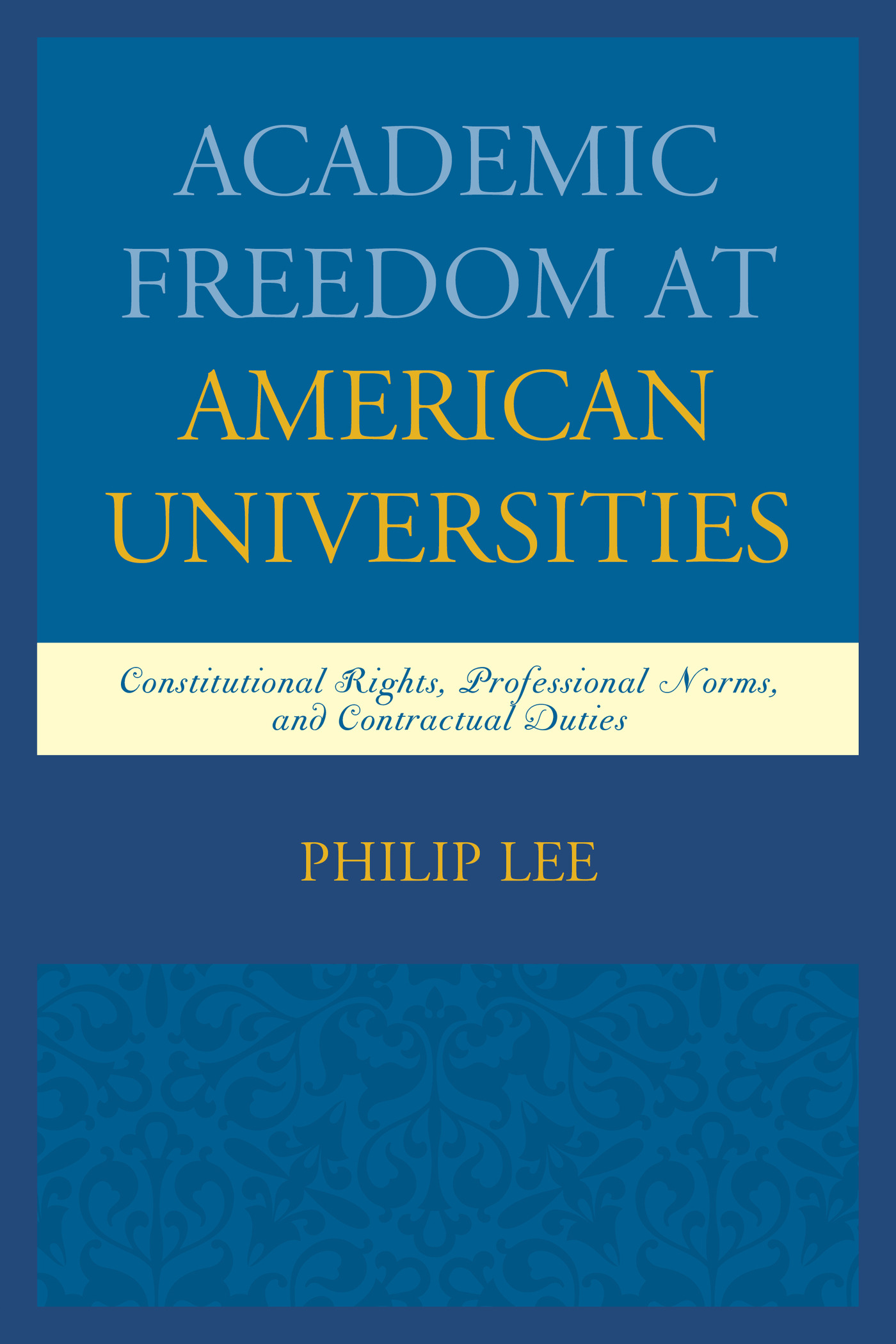Academic Freedom at
American Universities
Academic Freedom at
American Universities
Constitutional Rights, Professional Norms, and Contractual Duties
Philip Lee
LEXINGTON BOOKS
Lanham Boulder New York London
Published by Lexington Books
An imprint of The Rowman & Littlefield Publishing Group, Inc.
4501 Forbes Boulevard, Suite 200, Lanham, Maryland 20706
www.rowman.com
Unit A, Whitacre Mews, 26-34 Stannary Street, London SE11 4AB
Copyright 2015 by Lexington Books
All rights reserved. No part of this book may be reproduced in any form or by any electronic or mechanical means, including information storage and retrieval systems, without written permission from the publisher, except by a reviewer who may quote passages in a review.
British Library Cataloguing in Publication Information Available
Library of Congress Cataloging-in-Publication Data
Lee, Philip, 1975 author.
Academic freedom at American universities : constitutional rights, professional norms, and contractual duties / Philip Lee.
pages cm
Based on the authors thesis (doctoralHarvard Graduate School of Education, 2013), under the title: An integrated approach to academic freedom at American Universities.
Includes bibliographical references and index.
ISBN 978-1-4985-0100-2 (cloth : alk. paper)ISBN 978-1-4985-0101-9 (electronic)
1. Academic freedomUnited States. 2. College teachersLegal status, laws, etc.United States. 3. Labor contractUnited States. I. Title.
KF4242.L44 2014
344.73'078dc23
2014036073
 TM The paper used in this publication meets the minimum requirements of American National Standard for Information Sciences Permanence of Paper for Printed Library Materials, ANSI/NISO Z39.48-1992.
TM The paper used in this publication meets the minimum requirements of American National Standard for Information Sciences Permanence of Paper for Printed Library Materials, ANSI/NISO Z39.48-1992.
Printed in the United States of America
For my wonderful familySue, PJ, Phoebe, and Phylicia.
With you, I am whole.
Acknowledgments
The publication of this book marks the end of a four-year journey at the Harvard Graduate School of Education, and I am fortunate to have had the support of so many along the way. I would like to thank my advisor, Julie Reuben, who has guided me from my first year as a doctoral student to the submission of my dissertation and to my first years as a law professor. I could not have asked for a better mentor. Her brilliance, generosity, and warmth have given me a model for my own student advising. I would also like to thank my other dissertation committee members, Natasha Warikoo and Bob ONeil. It is because of their diligent reading of my drafts, insightful and timely feedback, and expert guidance that I finished my dissertation and was able to turn it into a completed book manuscript. Further, I would like to thank Joe Singer, Todd Rakoff, Bob Iuliano, Henry Rosovsky, and Larry Bacow for stimulating discussion regarding academic freedom. Last but not least, I would like to thank my friends and colleagues including Marc Johnson, Michael Horne, Adrienne Mundy-Shephard, and Eddie Contreras. They read over some of the early drafts of my dissertation and helped me develop and sharpen my arguments from the brainstorming stage to the final product. Most importantly, they reminded me about the importance of taking a break every now and then to appreciate the blessing of friendship.
For all of these people who helped me get here, I am grateful.
Introduction
Prior to 1915, university professors who offended powerful administrators, trustees, or politicians could simply be fired without notice or hearing. These faculty members, regardless of the strength of their work or the length of their service, had no recourse to enforce their professorial academic freedom rights. This started to change in 1915.
The American Association of University Professors (AAUP), whose role and functions are analogous to the American Bar Association for the legal profession and the American Medical Association for the profession of medicine,
Without relying on legal precedent, because legal principles regarding academic freedom had yet to be developed, the AAUP created its own concepts of what academic freedom should mean. Its conception was based on its real-world experiences investigating cases. Prior to the publication of the 1915 declaration in December, the AAUP investigated five early cases of alleged academic freedom violations starting in the spring of that year. These five cases informed how the authors of the declaration conceived of academic freedom. All of these cases focused on faculty dismissals without notice or other procedural protections. The authors of the declaration, in response, emphasized a number of quasi-legal procedural safeguards for university faculty members. The same emphasis on procedural protection can be seen in the investigative case reports and policy statements leading up to the 1940 Statement of Principles on Academic Freedom and Tenure. During this time, the AAUP was the main avenue of redress for faculty members terminated for espousing controversial views or otherwise offending non-academic
stakeholders.
Starting in the 1950s, courts would define academic freedom as protection for higher education institutions based on First Amendment principles. Courts would later rely on constitutional principles to protect individual professors from infringement of their free speech rights in performing their academic work and speaking their minds. However, some courts would later refuse to recognize that professors had any academic freedom rights separate than what the First Amendment provides to all citizens. For example, in Urofsky v. Gilmore, In other words, this particular court held that academic freedom protects the institution as a whole, but not the individual professors. To the extent that courts have protected professor speech through First Amendment principles, their analysis has generally been rooted in public employee free speech analysis and has not taken into account the unique context of American higher education.
This book aims to refute the view that academic freedom only protects colleges and universities, and not individual professors. It further contests the view that public employee free speech principles are adequate to protect professor speech. Using AAUP primary source documents, court opinions, legal filings, historical texts, and other primary and secondary source materials, I will trace the development of academic freedom from the early 1900s to the present day. I do so in order to show the evolution of the professional and legal definitions of the term to provide a uniquely American context of what academic freedom should mean in this society.
This project is prescriptive. I argue that the dominant constitutional analysis of academic freedom remains inadequate to protect the full range of academic freedom interests that have emerged over time. Specifically, constitutionally based academic freedom is limited by 1) the state action doctrine; 2) the constraints of public employee free speech principles; and 3) the judicial interpretations that grant this freedom to universities only, leaving professors without this protection when their interests collide with their universities. Thus, constitutionally based academic freedom is inadequate to preserve the free exchange of ideas that universities are supposed to epitomize. As an alternative to an exclusively First Amendment foundation for this freedom, I will argue for a contract lawbased conception specifically for professors. Contract law allows courts to protect the rights of professors at both public and private universities. It also allows for the recognition of professional norms and academic custom in interpreting the rights and duties of professors and their universitiesthereby acknowledging the rich historical legacy to preserve academic freedom in this country. Finally, contract law also allows courts to structure remedies that take into account the specific campus contexts that give rise to various disputes. Therefore, in order to create more consistency in the law and an alignment between institutional and professorial protections at both public and private universities, I argue that while constitutional law is still the proper mechanism for defending institutional rights from government interference, contract law should be the primary mechanism for protecting professorial academic freedom. While professors at state institutions would have additional First Amendment protections against their employers, for reasons I detail in this book, I contend that these protections are insufficient. Thus, developing a rich body of contract law on this subject would greatly enhance professorial academic freedom across the country.
Next page
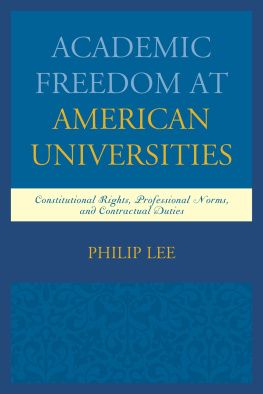
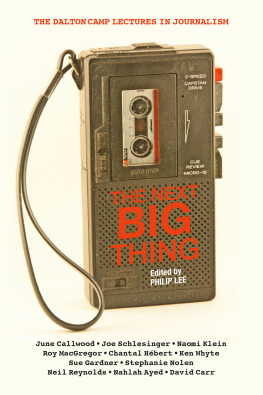

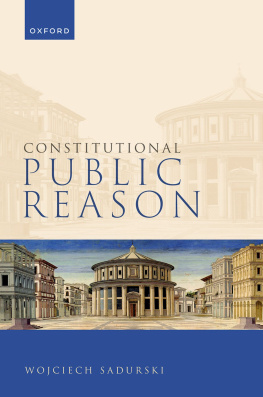
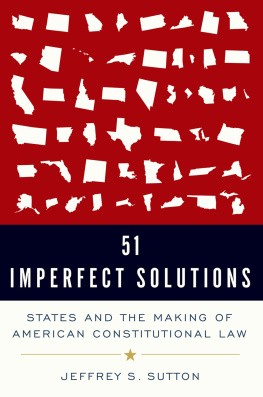
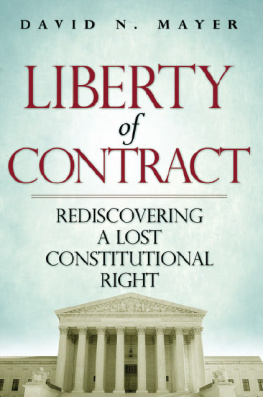
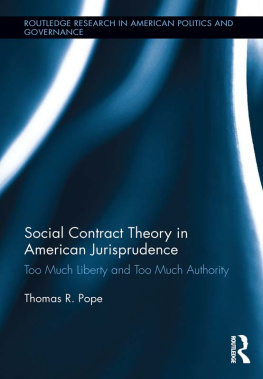
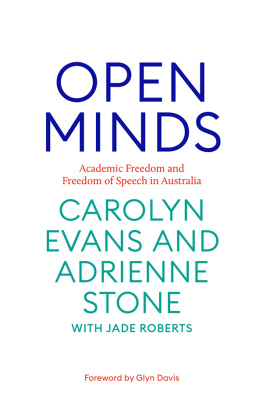
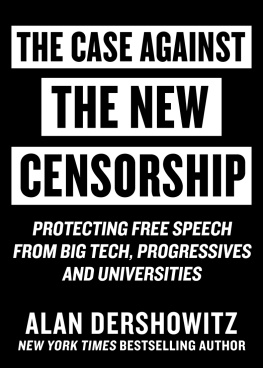
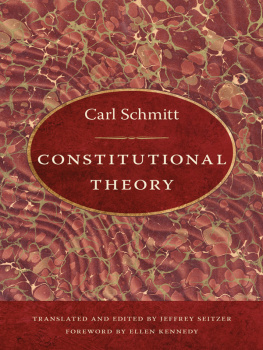
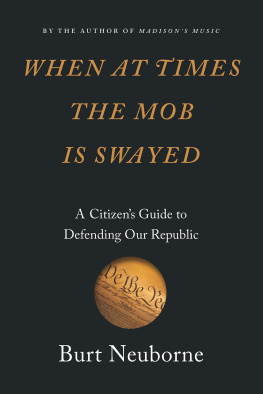

 TM The paper used in this publication meets the minimum requirements of American National Standard for Information Sciences Permanence of Paper for Printed Library Materials, ANSI/NISO Z39.48-1992.
TM The paper used in this publication meets the minimum requirements of American National Standard for Information Sciences Permanence of Paper for Printed Library Materials, ANSI/NISO Z39.48-1992.